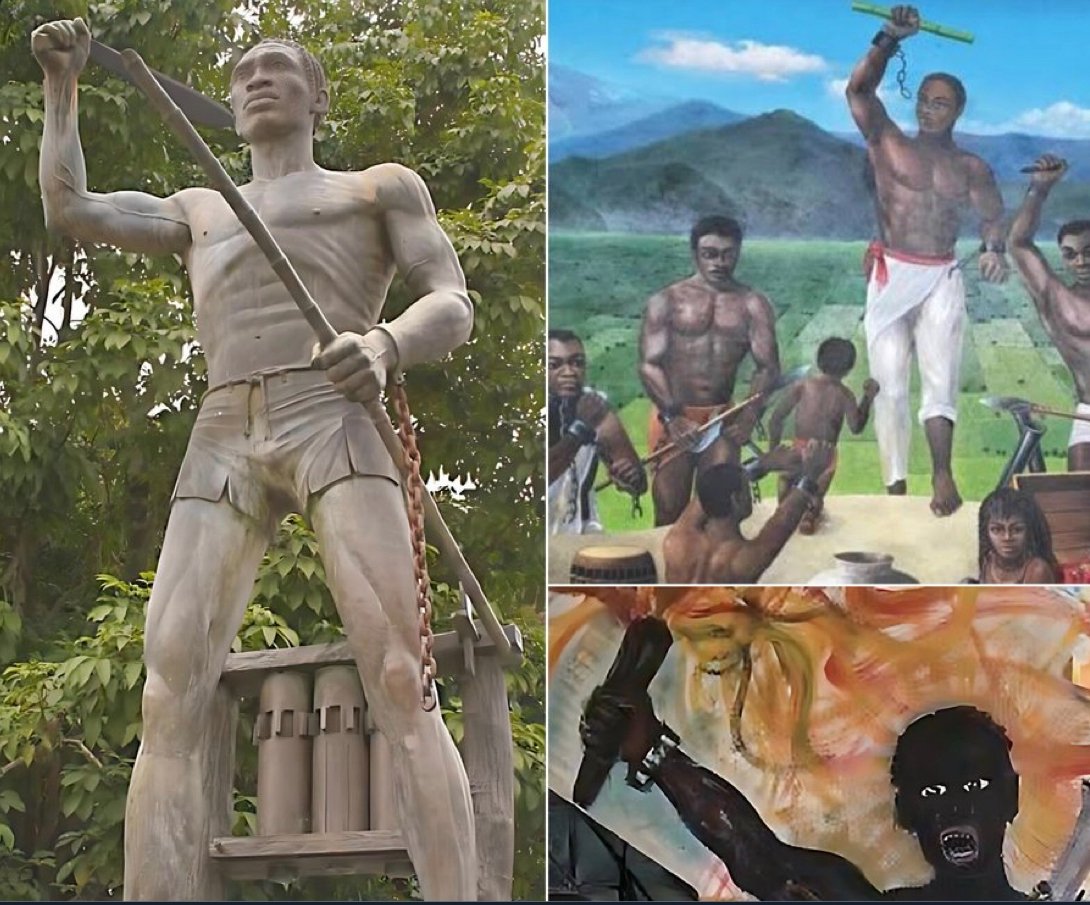BLACK LIBERATORS
Gaspar Yanga
February 19, 2024
By: Jahmil Blaire
Gaspar Yanga, a remarkable historical figure, is revered for his remarkable leadership and unwavering bravery. Originating from the Yoruba tribe of West Africa, he played a pivotal role in one of the earliest documented successful uprisings by enslaved individuals in the Americas, notably in Mexico during the 16th century. Yanga's unwavering determination led to the establishment of a freed settlement, San Lorenzo de los Negros, presently known as Yanga, offering a sanctuary for liberated slaves and individuals of African descent. His enduring legacy serves as a poignant symbol of resilience, defiance, and the relentless pursuit of freedom. Yanga's story remains a powerful testament to the resilience and unwavering determination of those who dared to challenge and dismantle the oppressive structures of their time.
The Legacy of Yanga: Gaspar Yanga's Enduring Influence
The town of Yanga, located in the Veracruz region of Mexico, holds a significant historical distinction as the first free African township in the Americas.
The town of Yanga stands as a testament to the resilience and fortitude of the individuals who sought to break free from the shackles of oppression. Today, Yanga serves as a reminder of the enduring struggle for freedom and the preservation of cultural heritage.
As a lasting tribute to Gaspar Yanga's indomitable spirit, the town has become a symbol of empowerment and a focal point for those seeking to understand the complexities of history and the enduring legacy of slavery in the Americas.
Yanga's name and the town itself stand as a testament to the enduring legacy of resilience and the ongoing pursuit of justice and equality.
Nat Turner
April 17, 2024
By: Jahmil Blaire
Nat Turner: A Story of Rebellion and Resistance
Nat Turner, a deeply complex figure in American history, is remembered for his pivotal role in one of the most significant slave uprisings in the United States. Born into slavery in 1800 in Southampton County, Virginia, Turner grew up amidst the brutal realities of the institution.
Driven by a fierce sense of justice and a belief in divine intervention, Turner was inspired to lead a rebellion against the oppressive system of slavery. In August 1831, he and a group of followers embarked on a violent uprising that shook the foundations of the Southern slaveholding society.
The rebellion, though short-lived, sparked fear and outrage among white slaveholders, resulting in a violent crackdown that led to the death of many African Americans, including Turner himself. Despite its ultimate failure, Turner's rebellion symbolized the unyielding spirit of resistance against injustice and oppression.
Nat Turner's legacy remains a subject of both admiration and controversy, sparking discussions about the complexities of his actions and the enduring impact of slavery on American society. His story serves as a powerful reminder of the ongoing struggle for freedom and equality, making him a central figure in the history of resistance movements in the United States.


